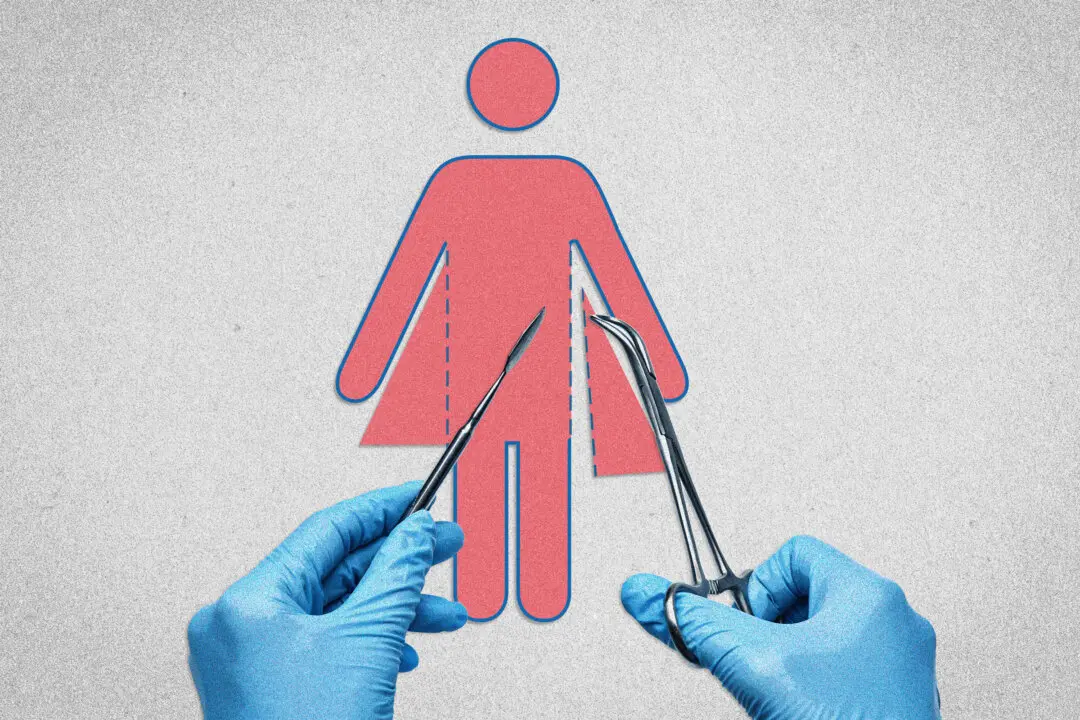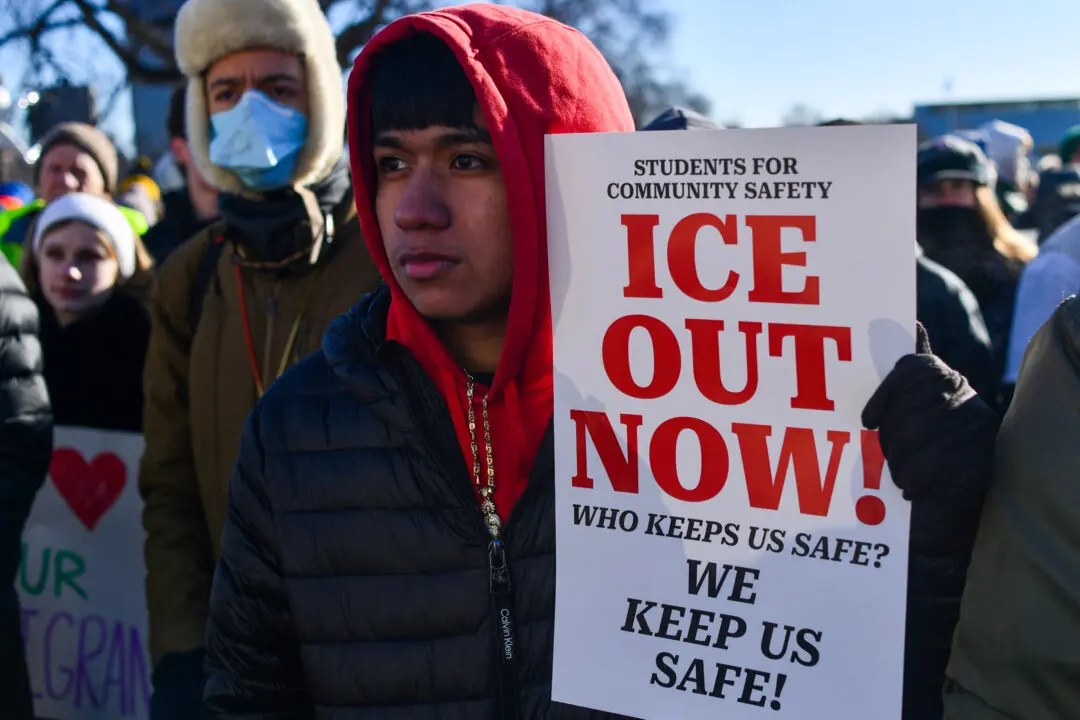The Texas GOP named border enforcement as its top legislative priority and called on Texas to defy the federal government if necessary to protect Texans.
Texas Republicans announced their top eight priorities on June 7, following their May convention, which is held every two years to shape the party’s platform. Delegates approved a total of seven resolutions and 252 planks, which passed with an average vote of 95 percent, according to a Texas GOP statement.





